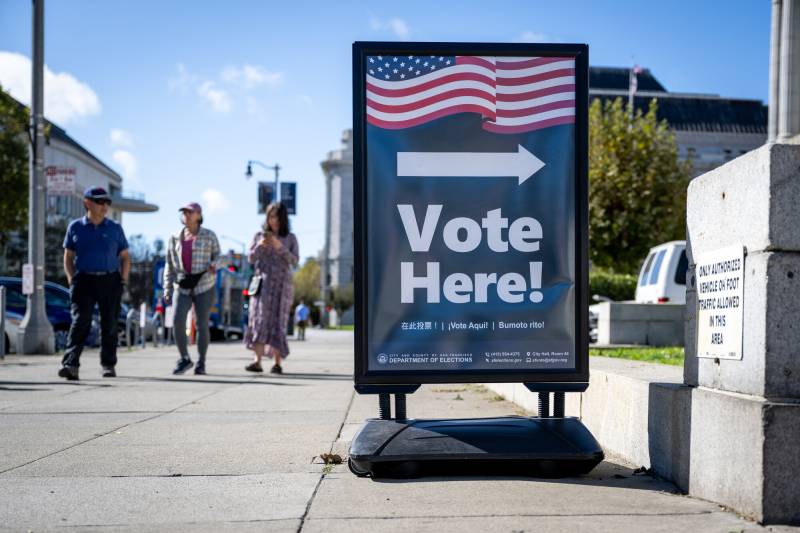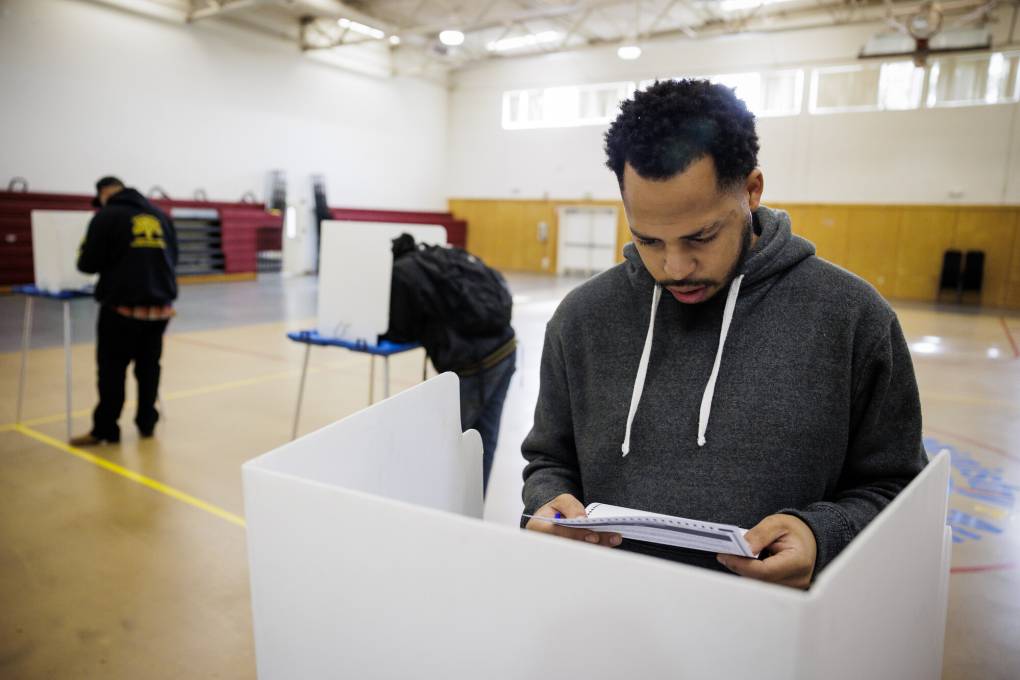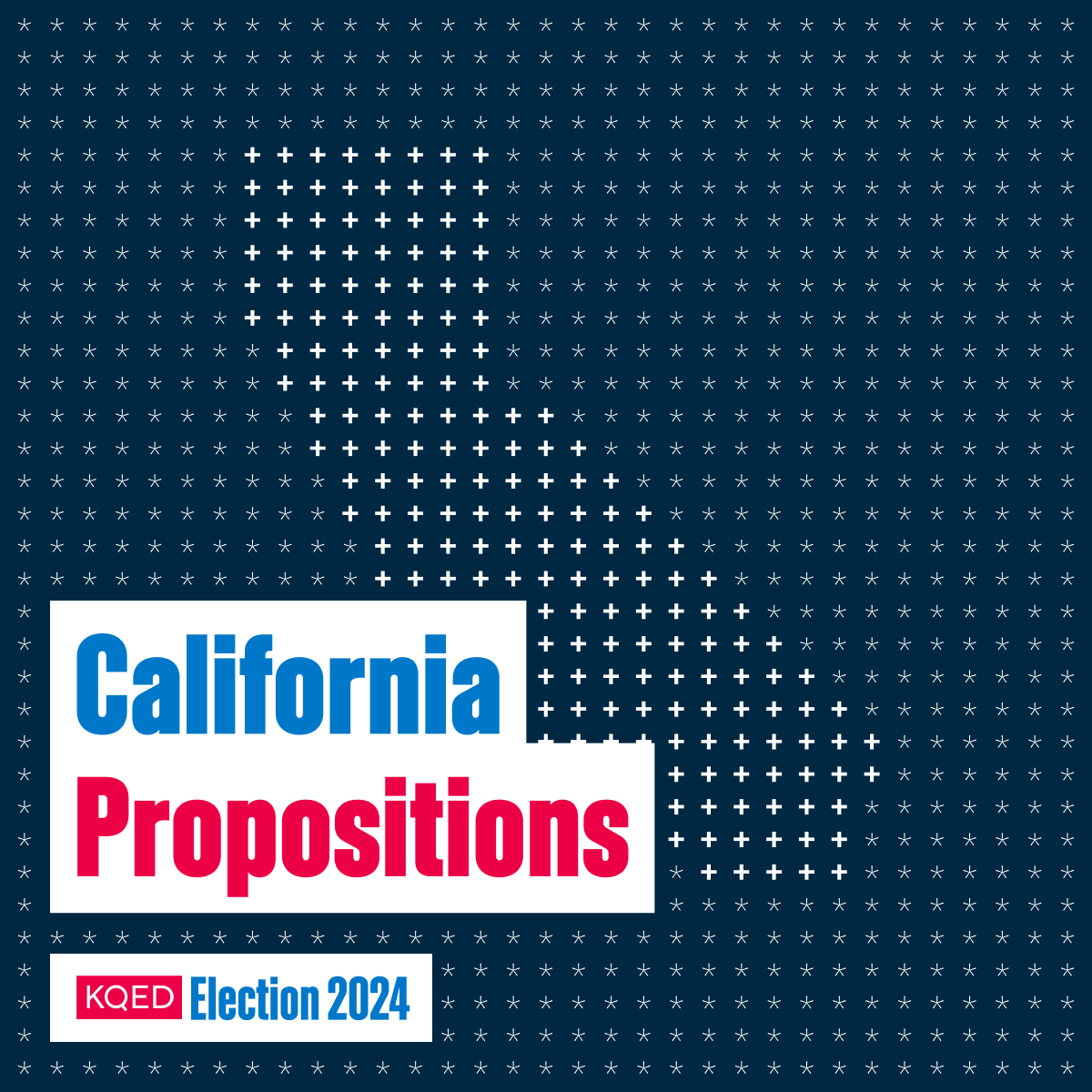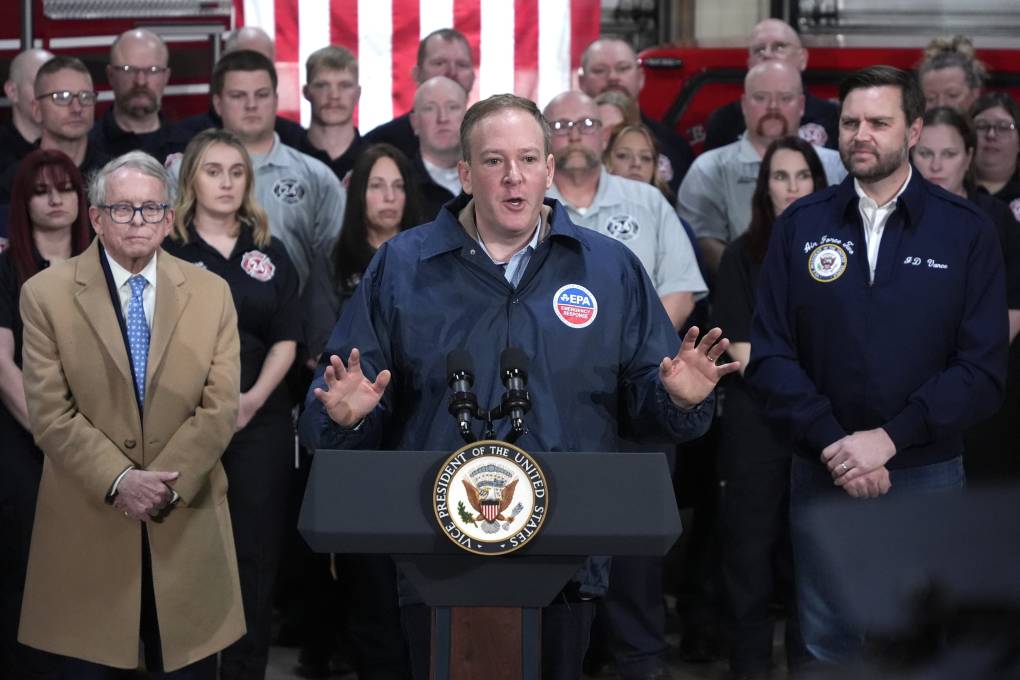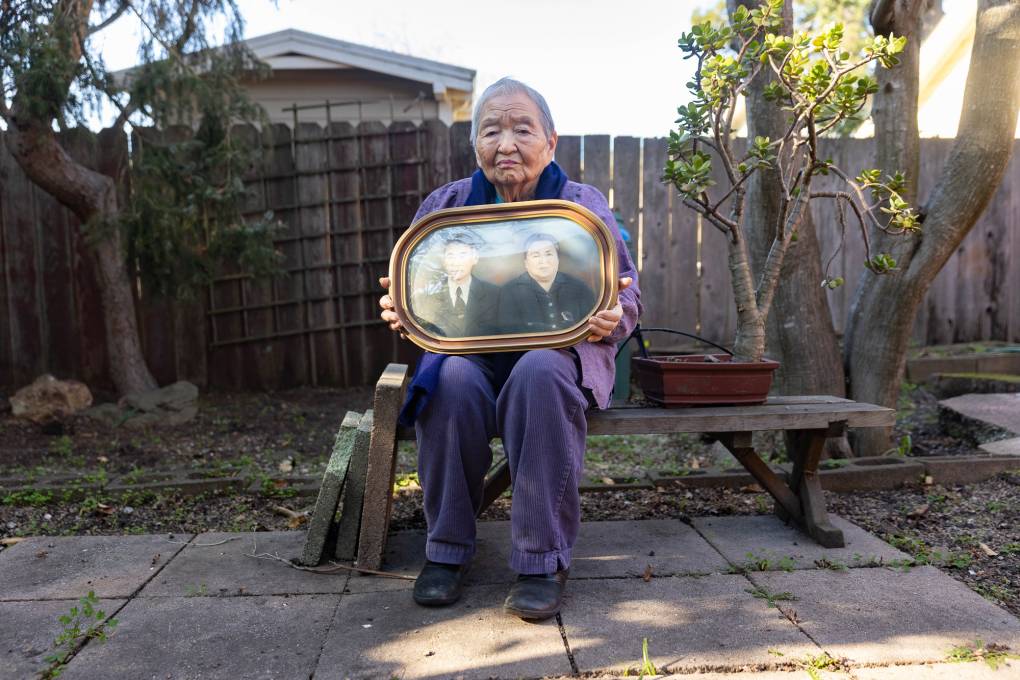Updated 9 a.m. Monday
California voters are deciding the outcome of 10 state propositions, including measures that deal with criminal justice, rent control, the minimum wage and investments in schools and climate resilience.
With more than half of all votes counted statewide — representing more than 10.7 million voters — five measures had earned enough support to be declared winners by the Associated Press, while three have definitely failed.
What passed (in the order called)
Proposition 36: Toughening criminal penalties
One of the big winners is a measure toughening criminal penalties for some nonviolent crimes. Proposition 36, which the Associated Press called just before 9 p.m. Tuesday night, will reverse key parts of a decade-old voter initiative that reduced penalties for drug possession and low-level thefts and diverted thousands of people from prison. As of Wednesday afternoon, more than 70% of votes counted were in favor of the measure, with just over half of total votes counted.
Proposition 36 came largely in response to concerns over retail theft and the fentanyl crisis, despite Gov. Gavin Newsom’s efforts to convince Californians the problems could be handled without rolling back Proposition 47, the 2014 law.
Proposition 3: Same-sex marriage
A constitutional amendment to protect the right of same-sex couples to marry also succeeded, garnering 61% of votes counted as of Wednesday afternoon. Proposition 3 will remove language defining marriage as “between a man and a woman” that was placed in the state constitution after voters passed Proposition 8 in 2008.
